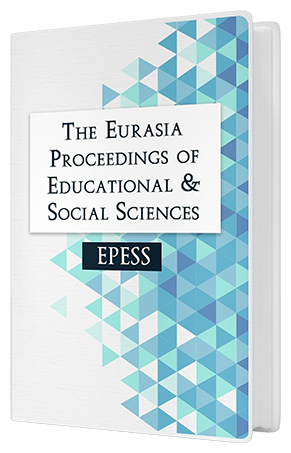NEW TECHNOLOGY ADOPTION BY BUSINESS FACULTY IN TEACHING: ANALYZING FACULTY TECHNOLOGY ADOPTION PATTERNS
Keywords:
Technology adoption, diffusion of innovation, adopter categories, business teachers technology useAbstract
It is worth mentioning that the use of instructional technology in particular affects positively the students’ content acquisition. As well, it plays a great role in enhancing the class performance [Baylor and Ritchie, 2002]. For instance, Beggs (2000), states that the use of technology itself in education is not the big point or the main issue. Instead of that he focuses on using it in an effective way that leads to the advancement of learning and meets the students’ interests and abilities. However, if we compare today's' modern life with the past, we will find out that in the past people didn't use to be familiar with the use of technologies especially in the field of teachers training at the Palestinian traditional universities. In other words, the traditional universities in Palestine suffer from a lack of enough awareness and suitable infrastructure in employing the technology in education. The study comes out to highlight and clarify in what manner business teachers employed instructional technologies at these universities. As well, it provides a clear distinction between teachers who employed the modern technology and between the traditional ones who were described as reluctant and worked against adopting the IT in education. Moreover, it determines whether the characteristics of business teachers participates in the prediction of teachers adopter groupings.Downloads
Published
Issue
Section
License
Copyright (c) 2017 The Eurasia Proceedings of Educational and Social Sciences

This work is licensed under a Creative Commons Attribution-NonCommercial-ShareAlike 4.0 International License.
The articles may be used for research, teaching, and private study purposes. Any substantial or systematic reproduction, redistribution, reselling, loan, sub-licensing, systematic supply, or distribution in any form to anyone is expressly forbidden. Authors alone are responsible for the contents of their articles. The journal owns the copyright of the articles. The publisher shall not be liable for any loss, actions, claims, proceedings, demand, or costs or damages whatsoever or howsoever caused arising directly or indirectly in connection with or arising out of the use of the research material. All authors are requested to disclose any actual or potential conflict of interest including any financial, personal or other relationships with other people or organizations regarding the submitted work.




